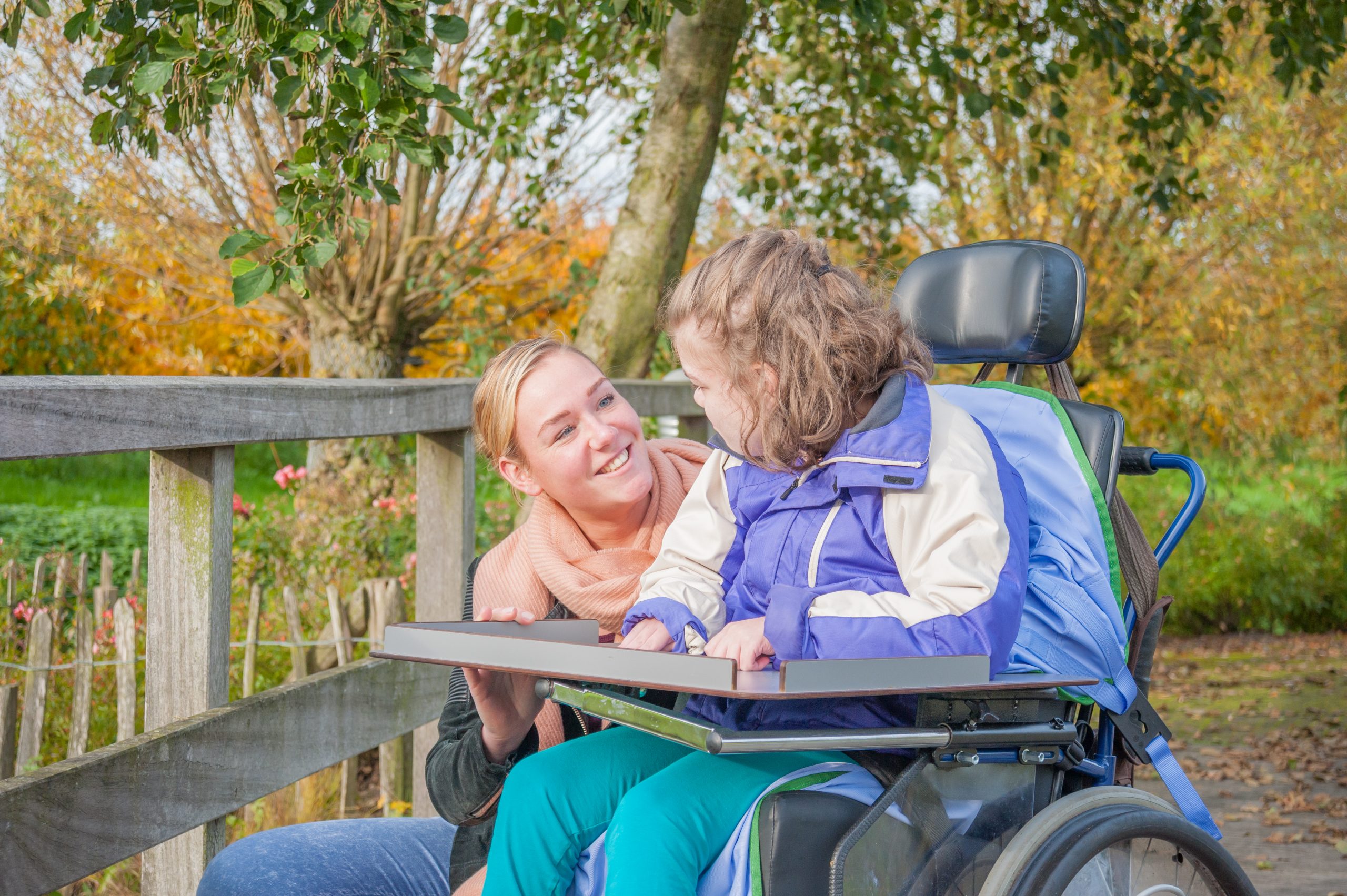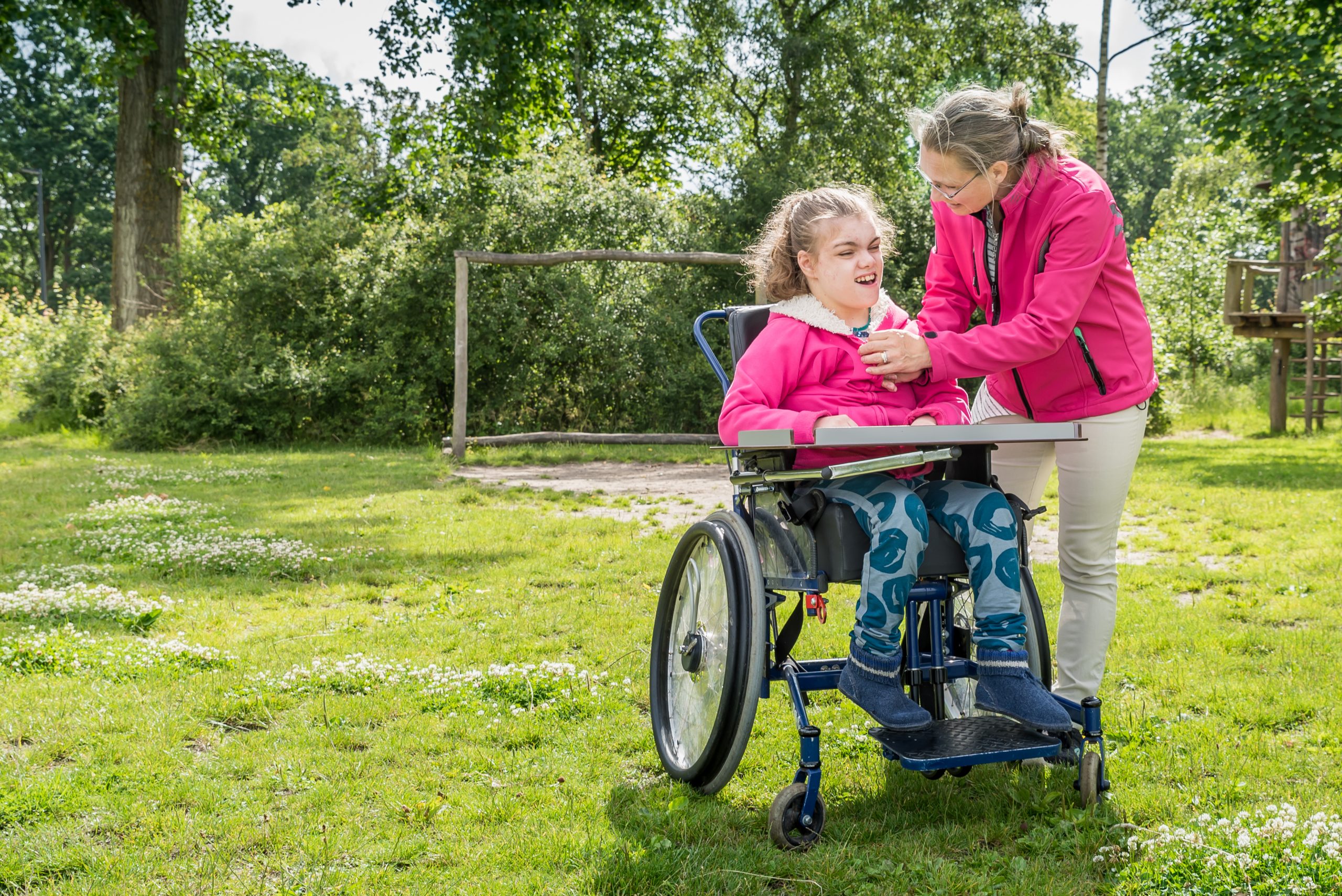The NDIS Commission recently released a practice guide around restrictive practices for children and young people with disability. The guide is based on the requirements in the National Disability Insurance Scheme (Restrictive Practices and Behaviour Support) Rules 2018. The guide does not constitute any new requirements, rather it aims to clarify information about restrictive practices by guiding organisations through scenarios relating to children and restrictive practices. The guide outlines the obligations of providers under the NDIS Commission, as well as some good practice next steps.
The Commission highlights that approximately 48% of all NDIS participants are children. Despite this, children and young people are currently under-represented in the data reported to the Commission in relation to the use of restrictive practices. The Commission fears that the number of behaviour support plans lodged for children and young people is “not an accurate reflection of current practice in the sector” and that, instead, the use of restrictive practices with children is being overlooked, ignored or minimised.
The guide reinforces that providers who are supporting children both with and without a disability must have an understanding of the National Principles for Child Safe Organisations, and must be aware of their responsibilities in relation to child protection reporting. Refer to our previous blog post to see an overview of the National Principles as well as the child safe requirements for providers in each state or territory.
Case-by-case basis
The guide highlights that the use of restrictive practices on a child or young person must be assessed on a case-by-case basis. Claiming “duty of care” doesn’t automatically omit a practice from being considered a restrictive practice. It is important to consider the context in which the practice is being used. Each case must be assessed to ensure that it is the least restrictive practice possible, and is proportionate to the potential risk of harm.
The Commission provides a tool to guide decision making around what constitutes a regulated restrictive practice for children and young people.
Child-proofing
Child safety and injury prevention practices are essential to keeping children safe. These practices are referred to as “child-proofing”. Most of these child-proofing techniques are reasonable measures to ensure the safety of children. Crucial to these being reasonable is that they are age appropriate, in line with community standards and used irrespective of whether or not the child has a disability. If this is the case, these behaviours are generally not considered a restrictive practice and do not require reporting to the Commission. The need for these child-proofing techniques however, decreases with age, in accordance with the dignity of risk principle. Continuing to implement these practices with older children and young people may constitute a restrictive practice.
The guide provides a number of examples to outline when a child-proofing technique becomes a restrictive practice, some of which include:
Not a Restrictive Practice
- Using a child gate to prevent a toddler from accessing the kitchen while the stove/oven is in use
- Holding a child’s hand while crossing the road
Regulated Restrictive Practice
- Using a child gate to prevent a young person from accessing the kitchen at all times (environmental restraint)
- Using a two-person escort to prevent a young person’s movement during an outing (physical restraint)
Things to consider...
When a regulated restrictive practice is necessary, the NDIS Rules require registered providers to take all reasonable steps to consult with the child or young person. This must occur in an accessible format and ensuring that due consideration is given to the young person’s views. The provider should reflect on the following questions:
- Is it the least restrictive option available?
- Is it proportionate to the potential risk of harm?
- Is the support being provided within a positive behaviour support framework which promotes the child’s development and their right to take reasonable risks?
- Is it being used for the shortest time possible?
- Is there a clear plan for reducing and eliminating the restrictive practice over time?
Restrictive practices and parenting practices
Towards the end of the guide, there is some helpful advice for support workers delivering support within a family home where the family uses restrictive practices. The resource emphasises that it is a support worker’s job to educate families around what constitutes a restrictive practice and its associated risks. In some circumstances, families may unintentionally use high-risk strategies in the absence of all relevant information and when they lack adequate support. Behaviour support practitioners play a role in educating parents and identifying less restrictive alternatives.
The guide also provides an outline (on page 22) of the reporting requirements in relation to restrictive practices. It clarifies that while families are not required to report to the NDIS Commission, NDIS behaviour support providers must report regulated restrictive practices in participants’ behaviour support plans even if the practice is only used by the family.
Resources
We have several resources that will guide you through the regulations around restrictive practices which you can find by searching for “restrictive” in the Reading Room.
- Policy: Eliminating restrictive practices
- Info: Eliminating restrictive practices
- Template: Restrictive practice report
The NDIS Commission also released a regulated restrictive practices guide in late October last year which provides further clarity around the use of regulated restrictive practices in people with a disability.
And don’t forget that separately, you can also access in SPP a self-assessment for the National Principles for Child Safe Organisations.
Sign up for a free trial
You can access our restrictive practice resources and many more in the SPP platform.

